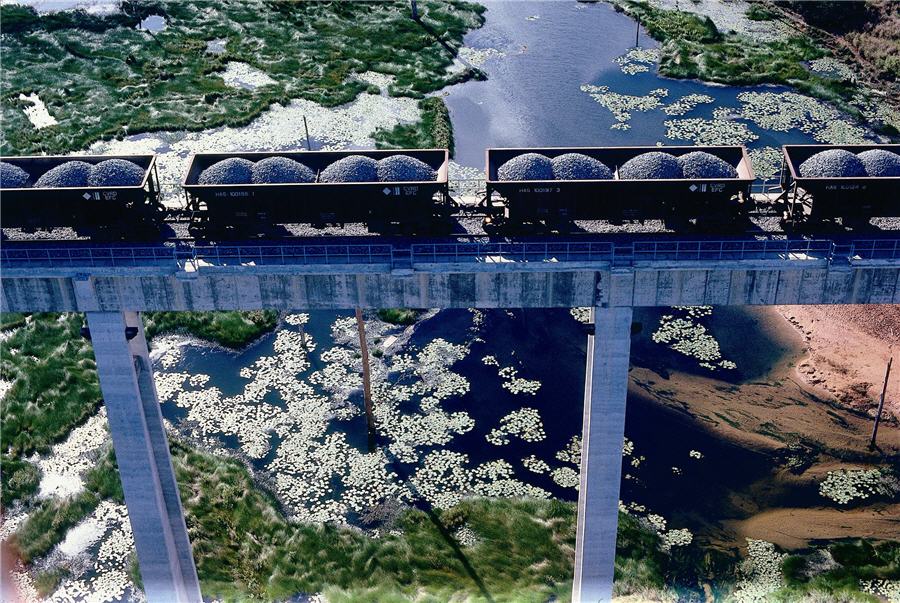Vale unveils ‘massive’ buyback program amid iron windfall

Vale SA unveiled its biggest-ever share buyback program as the Brazilian iron ore and nickel giant rewards shareholders concerned by softening Chinese demand.
The world’s No. 2 iron ore producer said Wednesday it will purchase up to 500 million shares — around 10% of the total number outstanding — in 18 months. Based on Wednesday’s closing price in Sao Paulo, that implies a value of 41.1 billion reais ($8.3 billion). Chief Executive Officer Eduardo Bartolomeo said in a statement that it reinforces the company’s confidence on its business outlook.
Vale’s American Depositary Receipts climbed about 5.2% as of 7:32 p.m. New York time after the close of regular trading Wednesday.
“That’s a clear sign Vale believes its shares are trading at quite cheap levels,” said Christian Keleti, the Sao Paulo-based chief executive officer and portfolio manager at Alpha Key Capital Management. “It’s a massive program.”
The Brazilian mining giant and its peers have been favored by the global economic rebound, but are starting to encounter headwinds in the form of surging prices of energy and mine supplies like explosives. At the same time, Covid lockdowns in top consumer China are starting to eat into demand from manufacturing and construction.
The buyback overshadowed first-quarter profits that lagged a year earlier, hurt by lower sales volumes, even amid a windfall of high-quality ore deliveries to steel mills looking to limit emissions. The Rio de Janeiro-based miner churned out less iron ore than expected amid licensing delays and heavier-than-normal rains, with sales lagging production. Still, its net income was $4.46 billion, beating the $4.1 billion average estimate of analysts.
Nickel and copper output fell in the quarter amid unplanned maintenance in Brazil and a weaker performance in Indonesia.
In Wednesday’s report, Vale said it keeps a very positive long-term outlook for nickel, driven by strong demand in the EV sector. Earnings in nickel surged amid the huge jump in prices, which was partly offset by hedging losses.
The miner said it keeps monitoring impacts of the war in Ukraine and resulting sanctions on Russia as well as the strict Covid-19 lockdowns in China which are “having various impacts on the upstream and downstream nickel markets.”
(By Mariana Durao and Vinícius Andrade)
{{ commodity.name }}
{{ post.title }}
{{ post.date }}




Comments